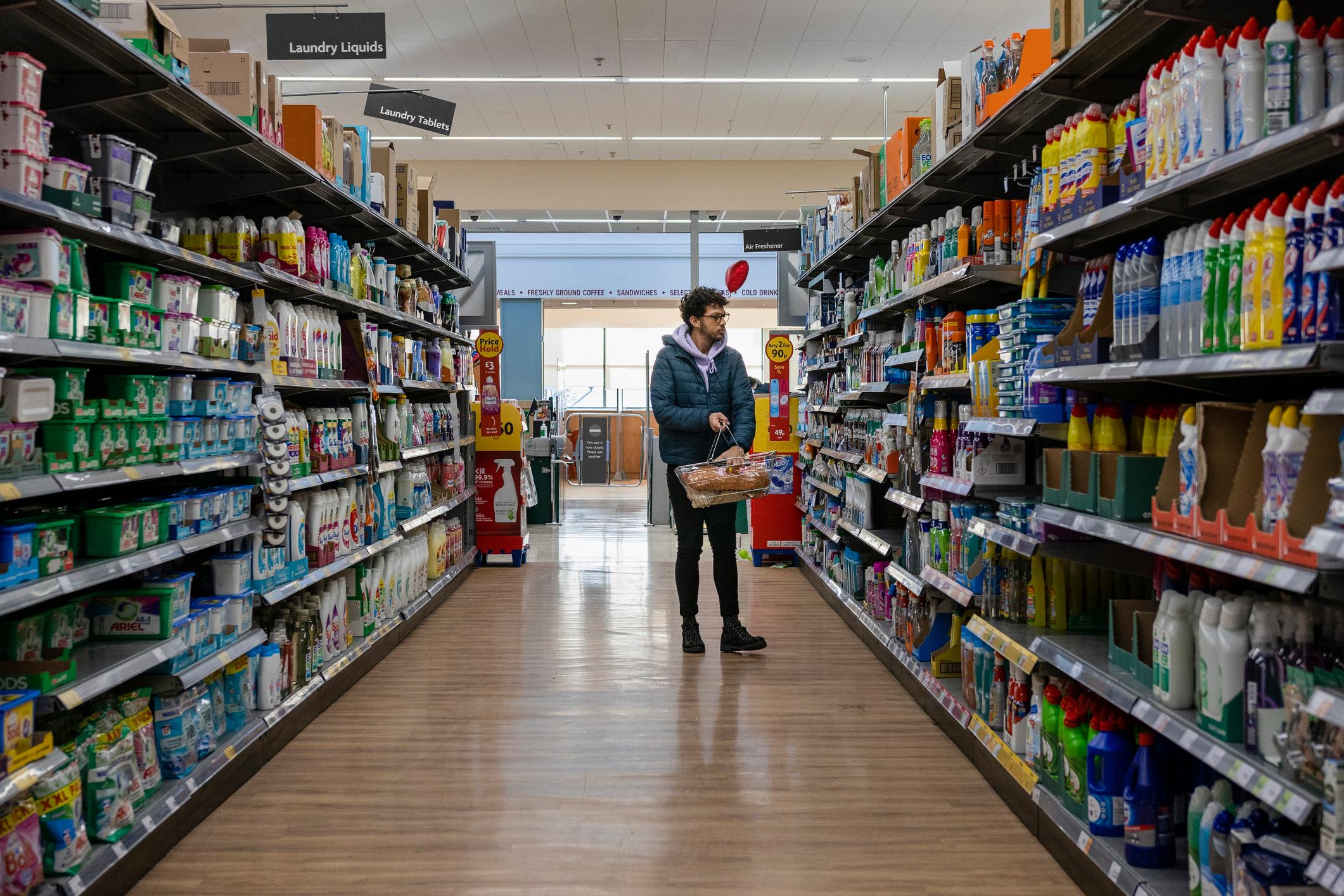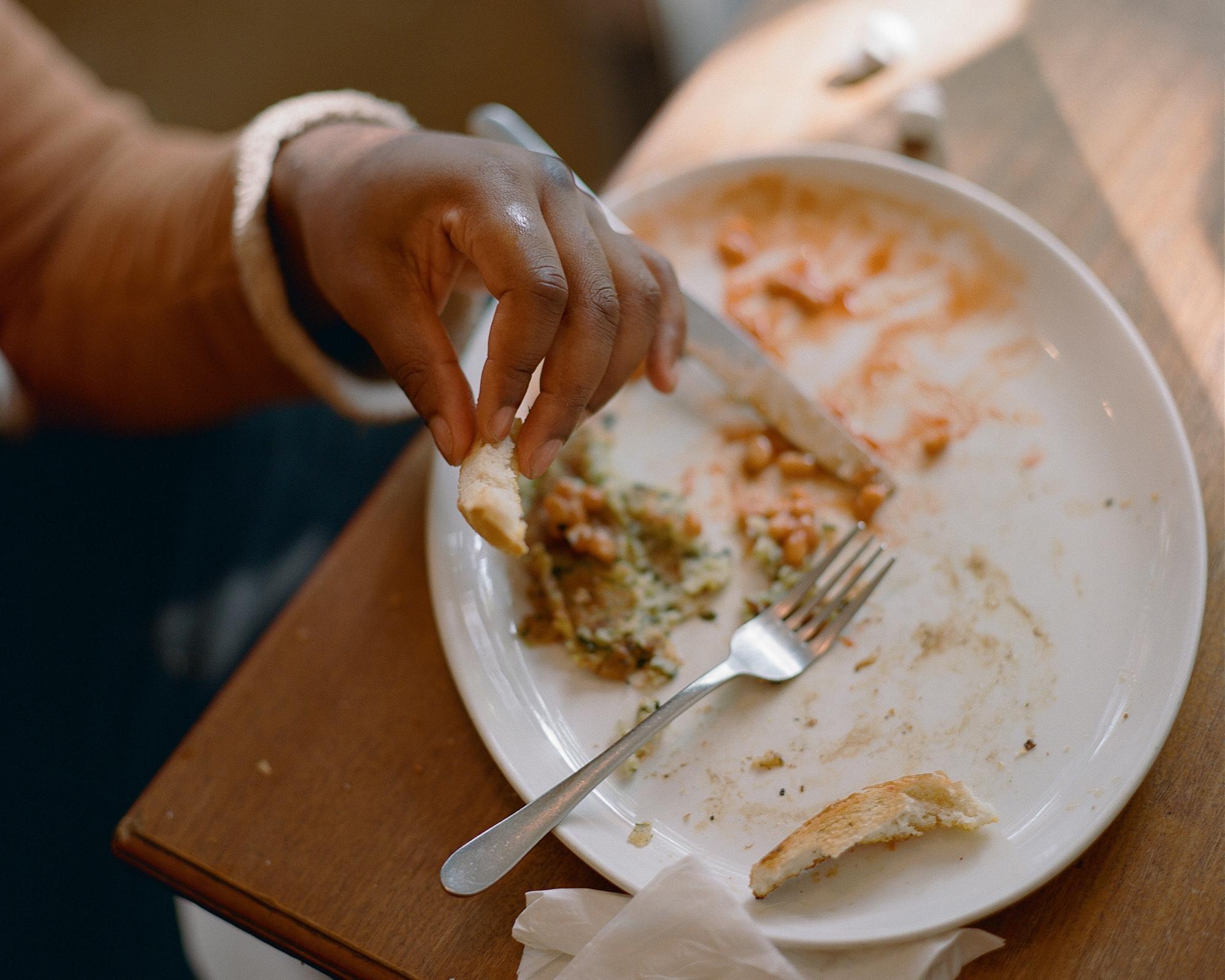
Going under and without: JRF’s cost of living tracker, winter 2022/23
This report makes clear that the Government support provided so far in the cost of living crisis hasn’t been sufficient to stem the rising tide of hardship for millions of families on the lowest incomes up and down the country.
This new research highlights that low-income households’ finances continue to buckle under the pressure of the cost of living crisis, as 7.2 million are going without the basics, and 4.7 million are behind on their bills.
We find that it is households on the very lowest incomes who are struggling the most, with three quarters of those in the bottom 20% of incomes going without food or other basic essentials like clothing or toiletries. People on Universal Credit (UC), private renters and young adults are all seeing rising and worrying levels of hardship.
JRF is calling on the Government to do the right thing and fill the gaps left by the Autumn Statement so that people across the UK aren’t building up debt and going without the basics.
Recommendations:
To fill the gaps that the Autumn Statement left, the Government must urgently:
- Provide additional cost of living payments, including at least £450 to those on means tested benefits, this winter. Struggling households can’t wait until April 2023.
- Make changes to Universal Credit so that the basic rate of support, even after deductions such as debt repayments to Government, can never be so low that people are unable to afford essentials such as food, utility bills and basic household goods.
- Help people keep up with their rent by unfreezing Local Housing Allowance and reinstating it to cover the bottom 30th percentile of rents.
- Implement a strong campaign for benefit take-up so everyone receives the the support that is meant for them.
- Stop unaffordable debt collection practices by Government.

This briefing is part of the cost of living topic.
Find out more about our work in this area.